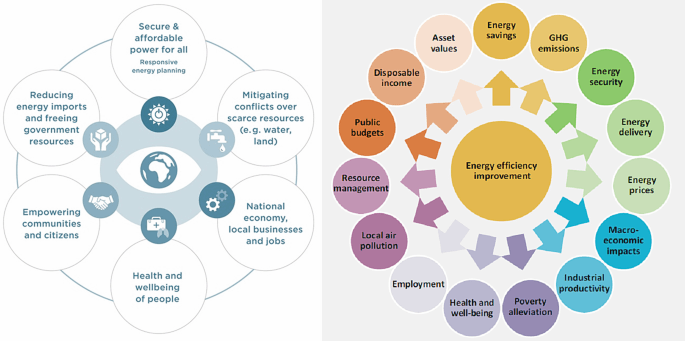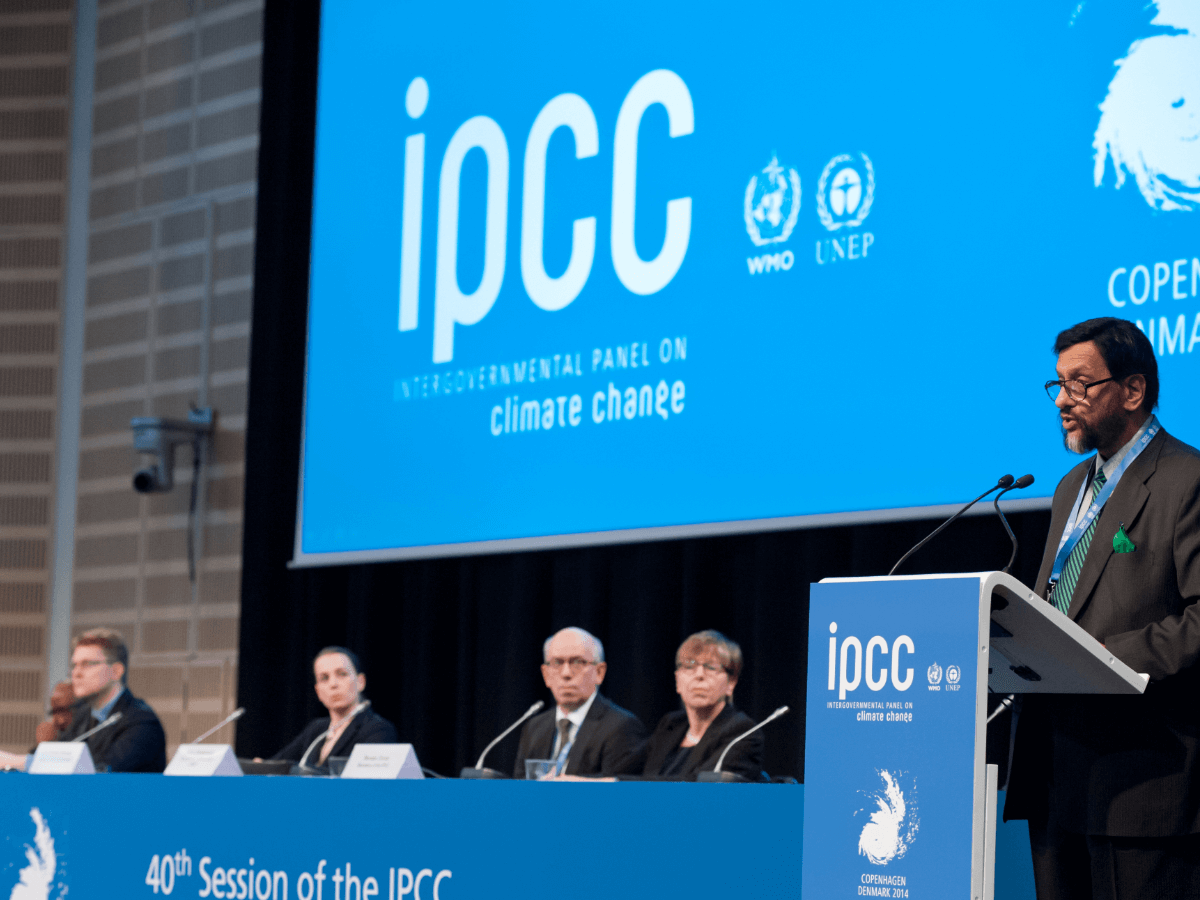Introduction
In 2009, the Government of India requested states to develop State Action Plans on Climate Change. Based on a detailed analysis of five state climate plans, this article finds that climate plans provide an important institutional platform to mainstream concerns of environmental sustainability into development planning but fail to update ideas of sustainability to include climate resilience. There are shortcomings in approach, process, formulation of outcomes, and implementation efforts. These shortcomings are united by a common thread – a tendency to prematurely view state climate plans as vehicles for generating implementable actions rather than an opportunity to redirect development towards climate resilience. However, if state plans are viewed as the beginning of a complex process of updating sustainable development planning rather than as an end in themselves, they provide a foundation upon which climate concerns can be more effectively mainstreamed in local development planning.
Read more





